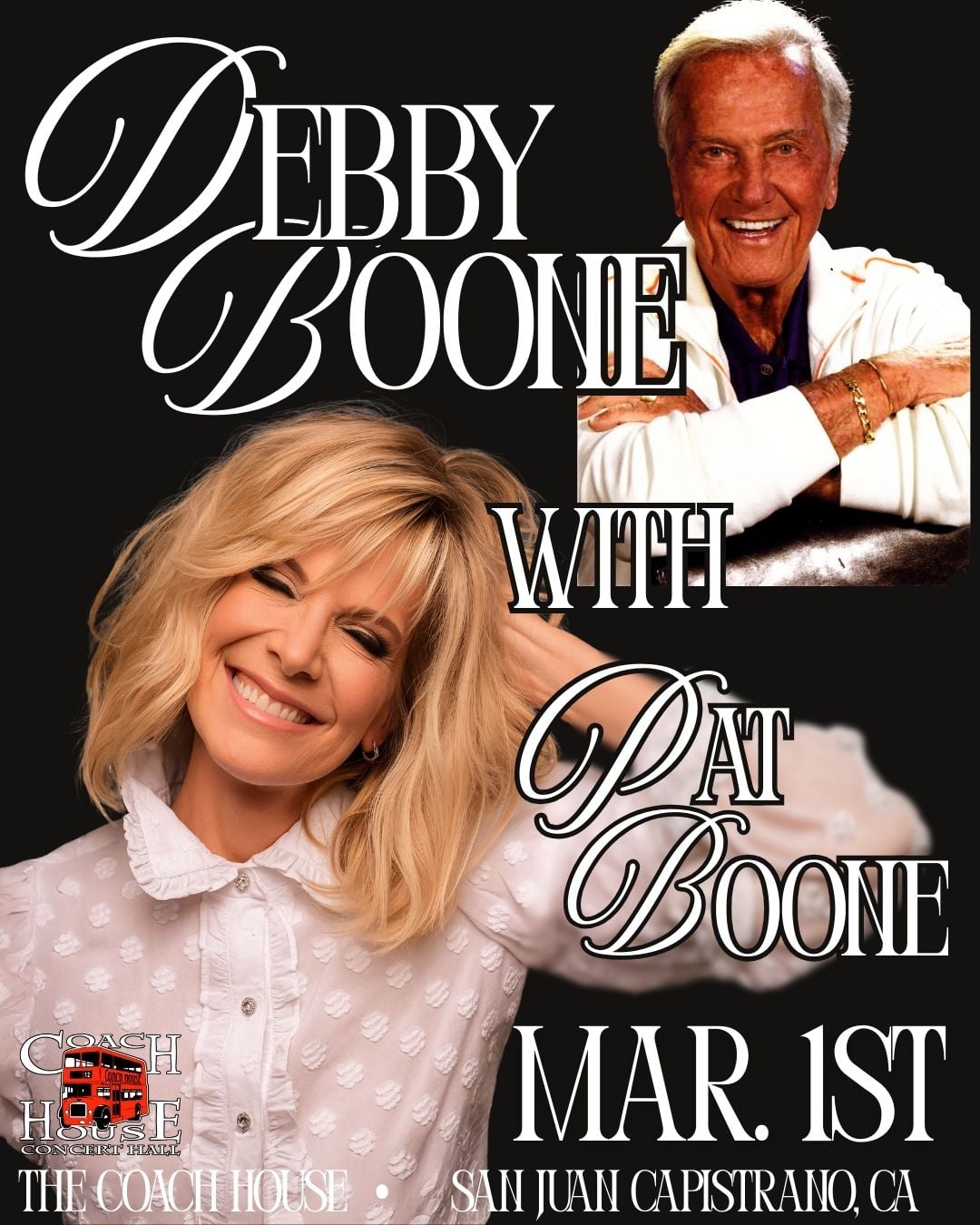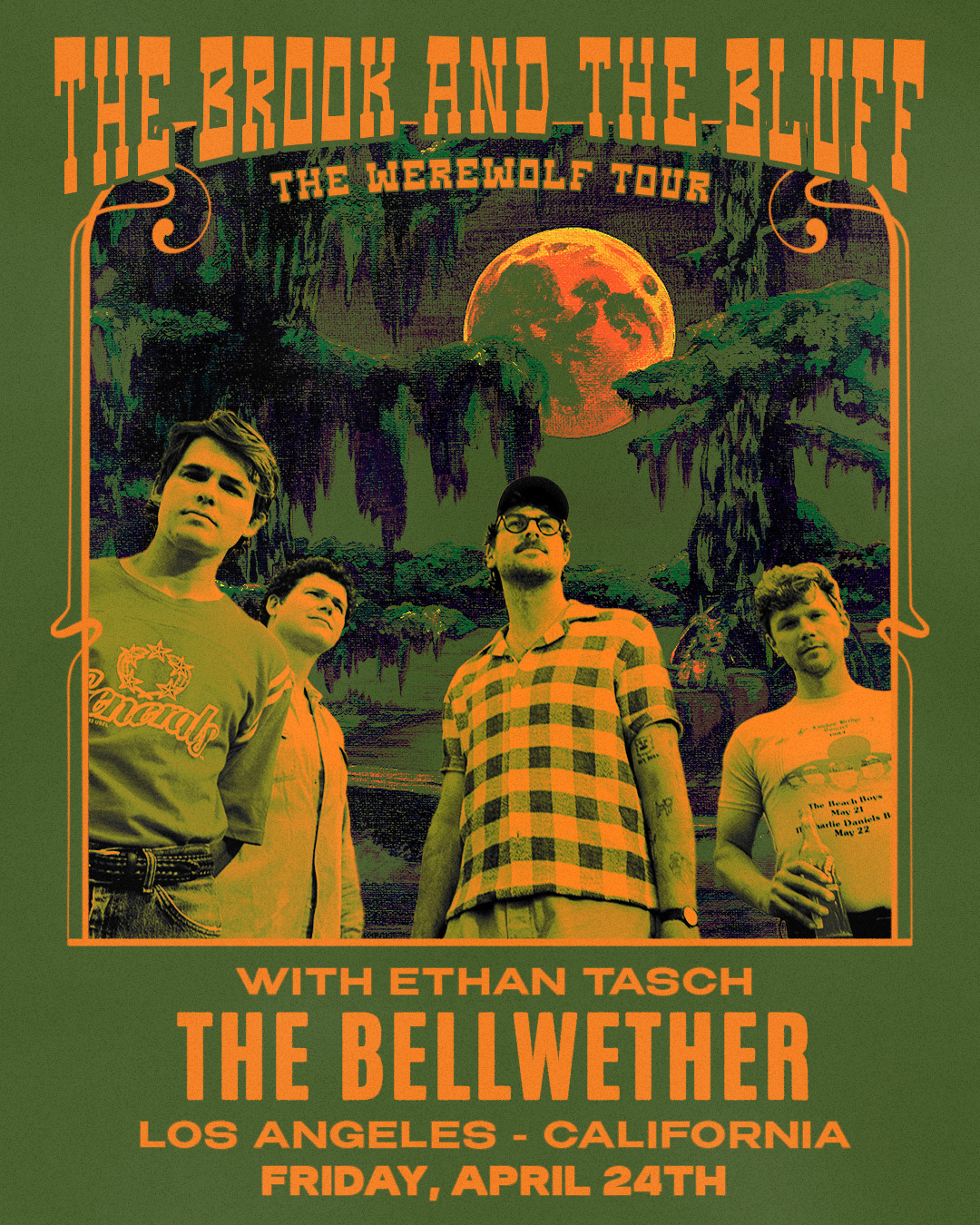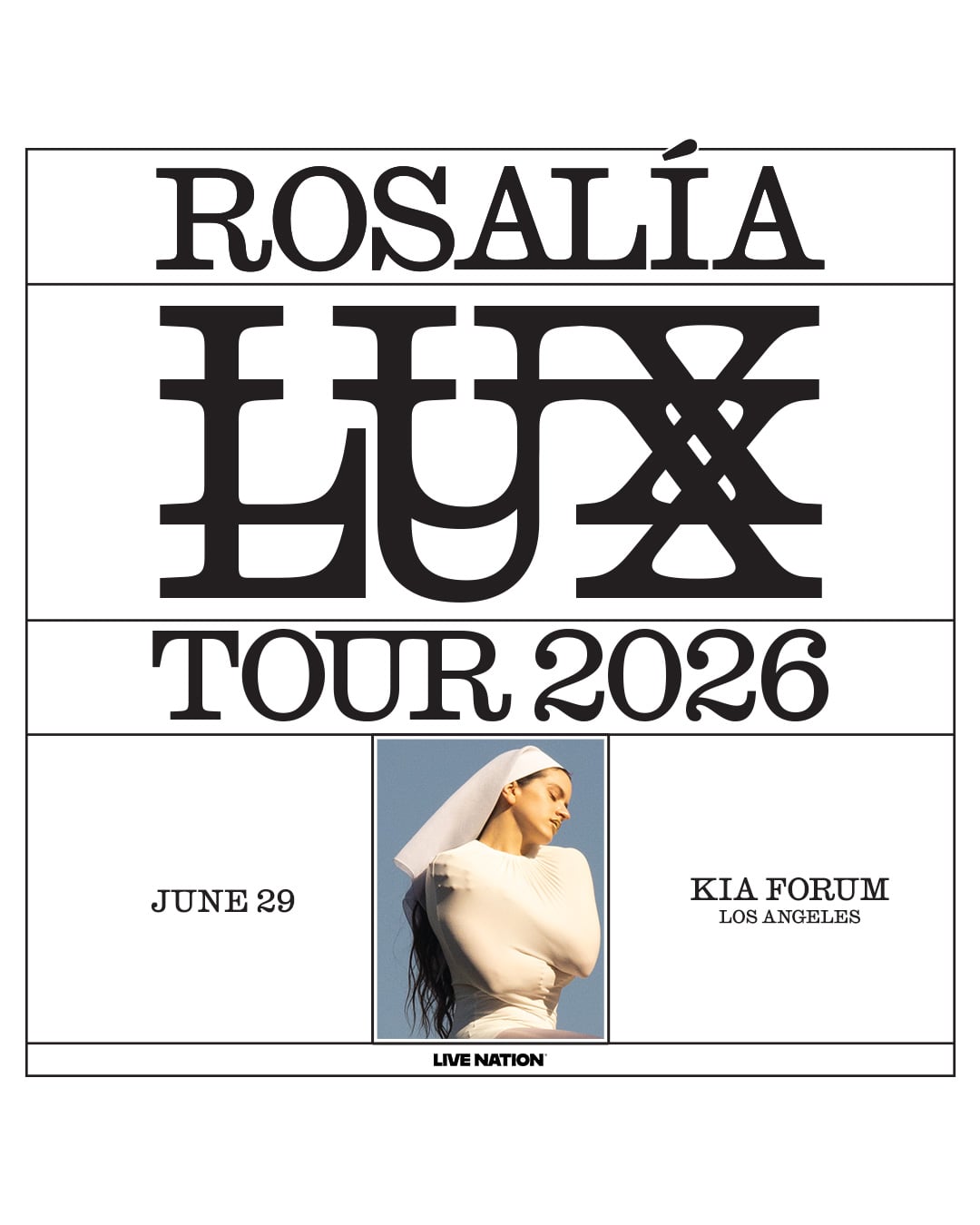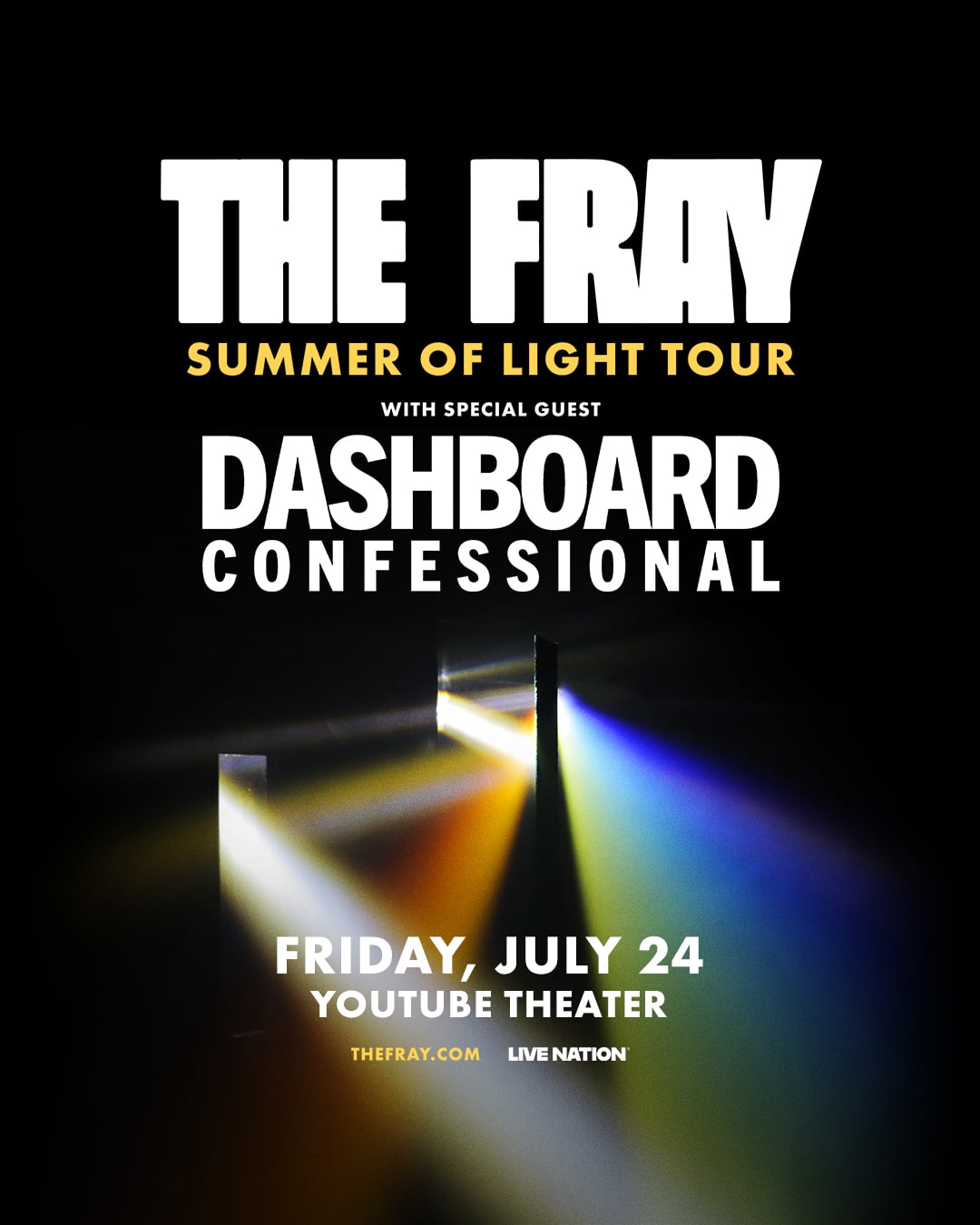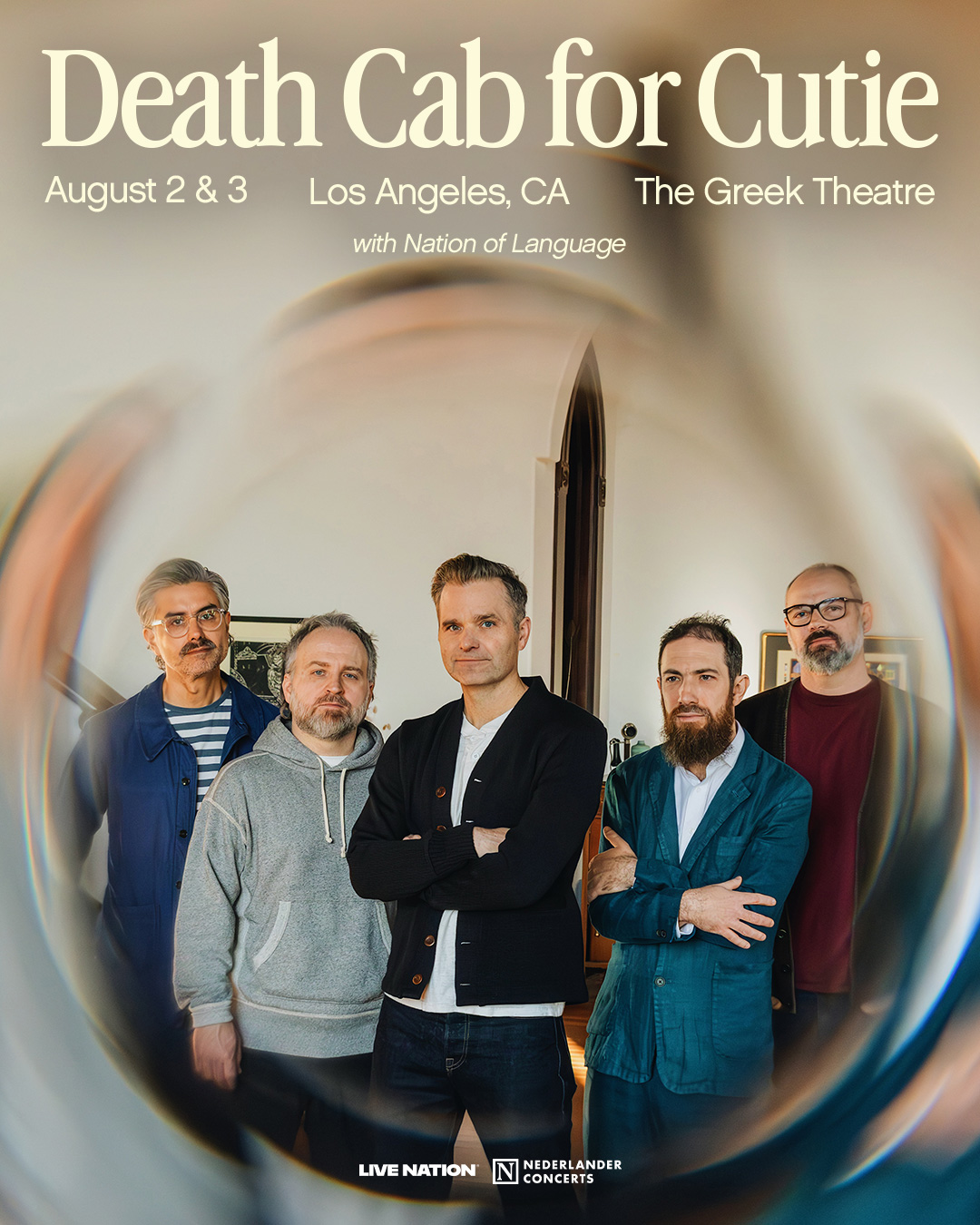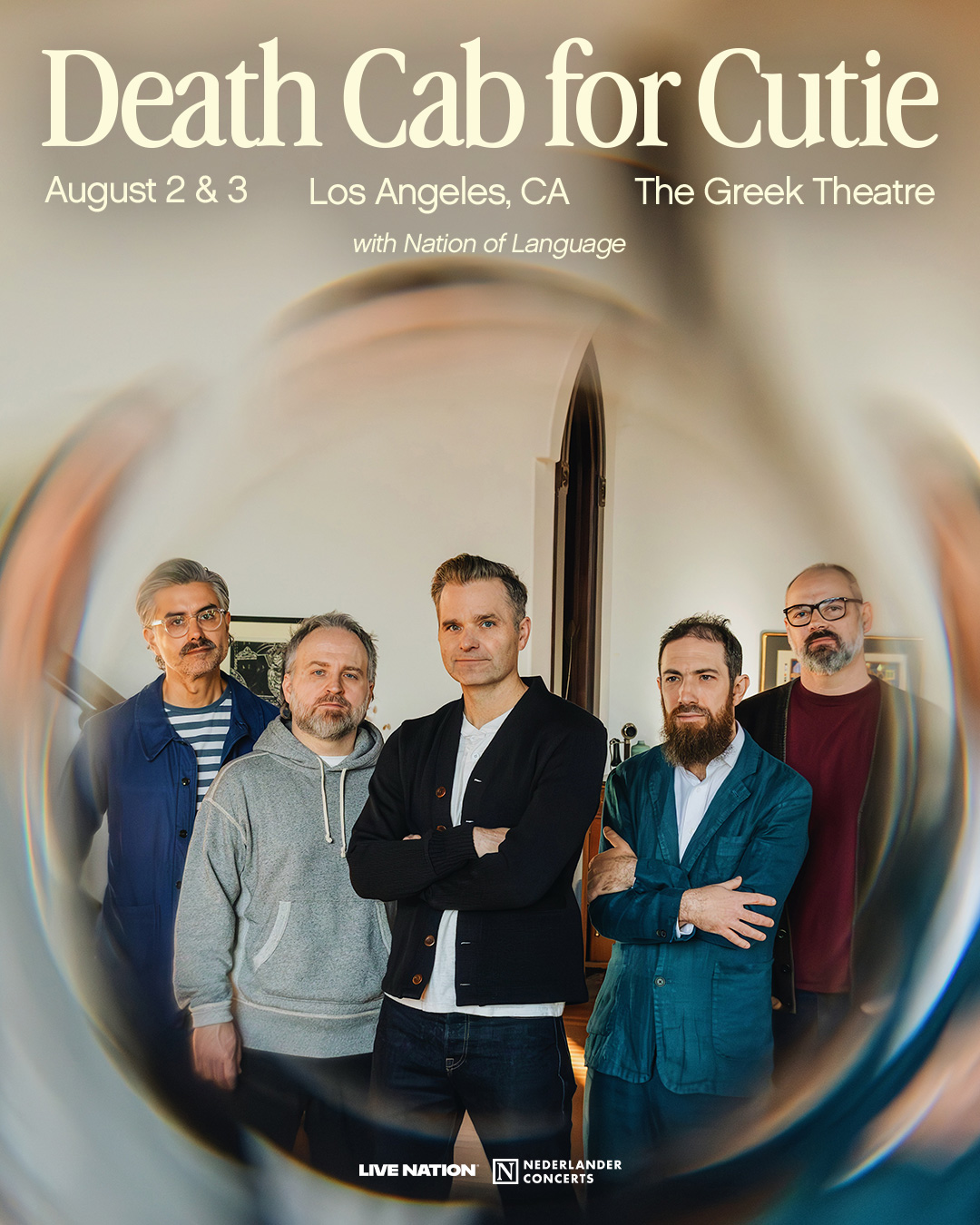Backstage Chat with Seun Kuti at The Roxy
The Afrobeat artist on fighting for the Crownless Head, going to therapy, and lighting “The Way” forward
Photos & Interview by E.J. Hermitt
Published by: Matt Blake

Seun Kuti stands among a long line of luminaries in Afrobeat music. At the helm of this dynasty is the late Fela Kuti, the Godfather of Afrobeat music, as his sons Femi and Seun are two of the top torch-carriers. While always honoring their father, they have continually forged paths all their own. Seun has incorporated global collaboration with the likes of Janelle Monae, Damien Marley, Lenny Kravitz, and Black Thought, while adding a modernized flavor to the revolutionary message of the Kutis.
With his indomitable Egypt 80 band in tow, they headed down the Sunset Strip for Kuti’s first ever show at The Roxy Theatre. Between Coachella weekend performances and a few hours ahead of his set at the legendary West Hollywood club, I sat down with Seun for a backstage chat. We covered a lot of ground — from life lately, to music and family, to his grander message, and lots of talk about “The Way.”
If you’re unfamiliar with “The Way,” fear not. I promise there is full elaboration in the conversation that follows.
-E.J. Hermitt: It’s been a while since I last saw you, Seun. So, my first question to you is simple … How the hell are you?
Seun Kuti: I’m good, man. I can’t complain. We are lighting “The Way” as usual.
EJH: Great, well I wanted to start off asking about the title of your latest album, “Heavier Yet (Lays the Crownless Head)” … What does that mean to you?
SK: In Jazz music and Afrobeat music as well, when you make a really good song you say, “Oh, that track is heavy!” And so everyone told me Black Times was heavy, so this is Heavier Yet. I was gonna call the album just that, Heavier Yet. But then, interestingly, I began to feel the urge to seek more from the title, just some spirituality. “Heavy lies the head that wears the crown” is the elitist narrative of why billionaires deserve everything they deserve. To understand why life is so hard. So this is saying that we as a people have to live with the consequences of these tough decisions that this head with the crown has to make. So for me, the title is the working people’s reply.
The phrase “heavier yet” itself comes from King Henry IV, Shakespeare. So you see, this is the Pan-Africanist reply to Shakespeare’s Henry IV’s lamentation and despair of how nothing goes for him, that motherf*****. How nothing ever goes his way, everybody’s always trying & scheming … Ohhh easy lies the head!

EJH: Can you talk about the Crown you’ve always had to wear?
SK: I’ve never been on the side of a crown. Speaking of “The Way” — positions of custody have become hereditary in Africa, this is part of the fact that we have lost “The Way.” The custodians of Africa and the expats that run the administration. Pre-colonial Black Africa was never hereditary. So this is also a manifestation of us losing “The Way” when everything has to do with lineage or blood or all of that sh**. Why can’t I just be good because I work f****** hard at it, you know? When my friends were playing football and chasing chicks when we were younger, I was practicing and studying. I still practice and work and read a lot now, why can’t that be the reason? I have siblings that are not big musicians.
EJH: They’re not engaged with “the crown” in the same way?
SK: I don’t really see it as a crown. And if it is a crown, then I have an older brother (Femi Kuti) who is next in line. Because I’m not in the direct line of succession is why I’ve come up with this elaborate theory [laughs] to make it seem worthless!
EJH: Did you at one time view it as a crown and you were checked to be told that it’s not?
SK: No, no, no. My dad (Fela Kuti) never lived like a king. So I never saw myself as some kind of prince. Although, there was some princely sh** I grew up with! My dad did lots of things people would describe as “king sh**” but I don’t think he himself saw himself as a king.
EJH: What do you think he saw himself as?
SK: A god. Even more! Don’t think I was saying all this because it meant that my dad was some kind of humble guy! [Laughs] But it’s true that people mistake simplicity for humility. It’s a flaw that great masters have learned to exploit.
EJH: I’d imagine every interview you’ve ever done, you’re asked about your father?
SK: [Nods in agreement while taking a puff of his smoke and casually opening his saxophone case].
EJH: Does it ever get old?
SK: No, no, no. Fela is too important to the world. Also, he’s my father so what can I say? If he wasn’t my father, I’d be wondering why everybody’s asking me about him all the time! [Laughs] I guess people who are not even his children have to answer questions about him. These kinds of questions, the people who follow with these types of questions, are people not of “The Way.”
EJH: Because that’s the only thing they can think to ask you about is your father?
SK: Because that’s the way they see life. Through contest, comparison, and competition. You personally, you might not be competing with your father, but they want to create a competition in their mind to be comparing and judging because they are not people of “The Way.” The world is lost on “The Way.”

EJH: So you were never in competition with (Fela), but the other people not in “The Way” view it as you versus him?
SK: They have to in order to understand anything. I mean, we live in a world where music has lists and charts and number one music genres. And people actually believe in this sh**! People of “The Way” speak not in comparison, but with his spirit. “You’re like your father. You embody that spirit.” But the way the mainstream and press is … it is a completely different line of thinking than the world. Most Africans, many of them are of “The Way.”
EJH: You’re as much known for your political discourse as you are for your musicianship, and I’m curious…
SK: My musicianship is my political discourse. You haven’t noticed?! [Laughs]
EJH: Of course I have! [Laughs]
SK: If not, I need to put in more effort! The more I grow, the more my music just becomes a way to channel my political thoughts.
EJH: Has the meaning of it all changed with being a political activist and musician?
SK: I am not an activist, I’m a revolutionary! Because activism is just that … to act. There’s an element of integration in activism that seeks solutions within the same systems of oppression, you know. So in that sense, I don’t think I’m an activist.
EJH: What is the turning point from an activist to a revolutionary then?
SK: Ideology. Revolutionaries are driven by ideology, activists act.

EJH: People in the audience at your shows are hanging on every word you deliver. What do you hope people at a Seun Kuti show come away with? Or is there no hope? [Laughs]
SK: Hope is dope! [Laughs] My political mentor says all the time, the definition of hope is an outcome of an event over which we have no control. I think people will do what they will do. My job is that when they leave my show, they know that he’s willing to use his art to create a better world. My space is in allegiance to humanity and nature.
EJH: Have you ever played here (at The Roxy)?
SK: First time.
EJH: You know the lineage of this place where legends like Bob Marley, Chaka Khan, Neil Young, and more have all played here. Does that make you approach this show differently or is it business as usual?
SK: After the show. You cannot take in the essence of the greats before.
EJH: I also wanted to ask about your connection to Los Angeles while we’re sitting here at The Roxy. Obviously your father had a connection with the ‘69 Los Angeles Sessions album.
SK: Well you know, Afrobeat was invented in Los Angeles by my dad. He made his first Afrobeat here.
EJH: That was when he changed the name of his band to the Nigeria 70, right?
SK: Yeah.
EJH: I read he was influenced by (American political activist) Sandra Izsadore.
SK: “Influenced” is too big of a word. People have to remember that Fela was Funmilayo’s son. Before you go around saying some woman in America influenced him … Remember the woman who birthed him! What Sandra did for my father was to validate the message that his mother had always given him. There is no way to understand something truly from your parents. You must find it among your peers before it makes sense to you.
EJH: How do you think that later influenced his revolutionary message?
SK: [Takes a long drag of his smoke] I think you should read his book, don’t make me speak for the man.
EJH: Fair enough. So let me ask you, then, how did your upbringing change the way you view the world?
SK: That’s why I cannot understand how my dad had to meet Sandra to become truly revolutionary. Even if right in front of him was one of the greatest revolutionaries that ever lived (Funmilayo Ransome-Kuti) and he didn’t see “The Way.” I lived with my dad too, well, not as long as he had with his mom. My dad died when I was 14, but living with him I didn’t see “The Way.” You have to understand that society does not validate this message.
Because it’s true. The thing is, the message is in your consciousness, at least in your subconsciousness, so you grow up and begin to discover these things. For me as well, I grew up and met other people that validated this message in my real life. People who took this message even farther than my father. Fela is great as a revolutionary and he is popular. Doesn’t mean he is the greatest revolutionary Pan-Africanist mind. As Africans we just discover Fela and we stop there! [Laughs] He’s pointing us in a direction. Most people get to Fela and stop.

EJH: Where do you turn for inspiration when you feel stagnation?
SK: My inspiration is in humanity. I believe I am aligned with humanity and nature. We as humans also must seek the destruction of exploitation and oppression. That’s the curse of oppression, you know, the boot is always on someone’s neck. People are unwilling to have certain conversations with African people about African people. Right now, the UAE is the country involved in the genocide in Sudan, supplying arms. The Wahhabism of Saudi Arabia spread to us throughout sub-Saharan Africa leading to Boko Haram and all sorts of terrorism. The core humanity is missing from the conversation.
Why is the destruction of African identity the goal of so many? It is difficult to extend the conversation past that called humanity, which everybody seems to ignore. So yeah, I draw my inspiration from that. That one must preserve the way for African people to be African people in “The Way.”
EJH: Have you ever had any sort of creative or writers block?
SK: Oh, yes yes yes yes. I learned what it meant. I have a therapist now, and I realized that the universality of Western education is insufficient for the global purpose. In psychotherapy and psychoanalysis everybody must be Freudian, but all men are not European men. So I find it is difficult to find somebody that understands how to psychoanalyze me, if I’m not falling into the European-ness of the world.
EJH: Did you know from the onset when you were looking for a therapist that you’d need someone who would understand the non-European-ness of your identity?
SK: Yes exactly, otherwise my therapist wouldn’t even understand me.
EJH: Do you feel like you’re more open now after therapy?
SK: I am very much more open, I’ve always been open. I just didn’t know how in a world that is so “anti.” You have to wonder, “oh is there a path?” Well, here’s how you find the path. In a world that removes and wants to make everybody one and boring. Variety is the spice of life. In a world that just wants everybody to be white men. In a world that’s trying to make everybody one bland, submissive, consuming creature … we seek to find the connection that truly makes everybody family. To have this conversation, art is just a way of protecting that. I want to know what is in your heart, what you’re working for.
There’s no time anymore for people who are not of “The Way” to be in our way.
Gallery of photos from the show:












